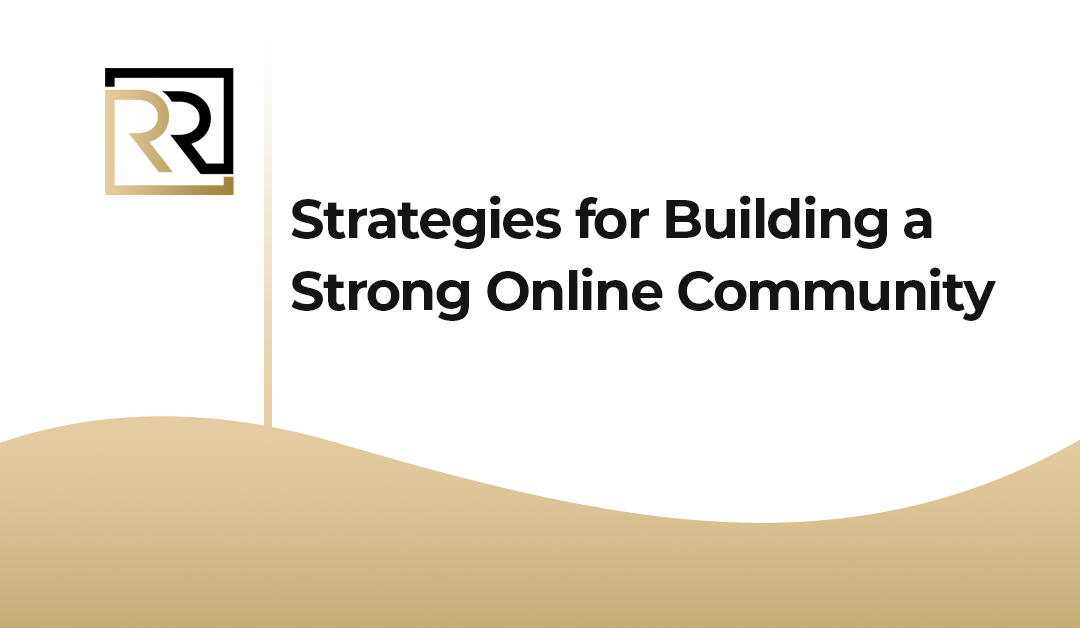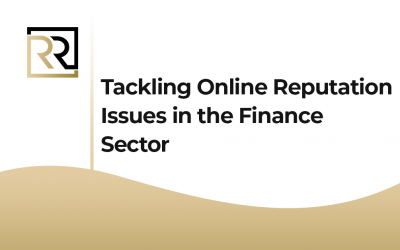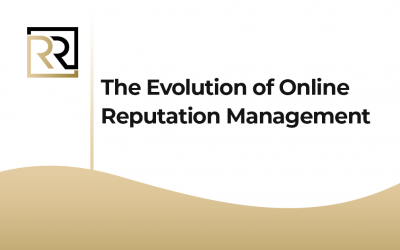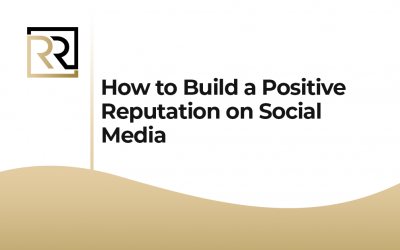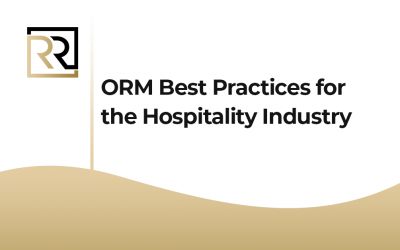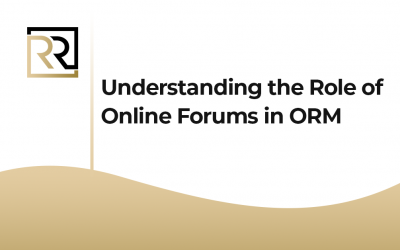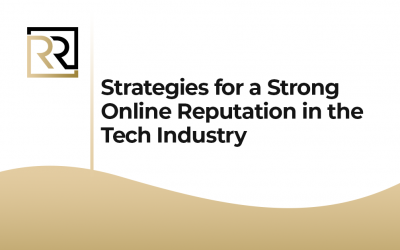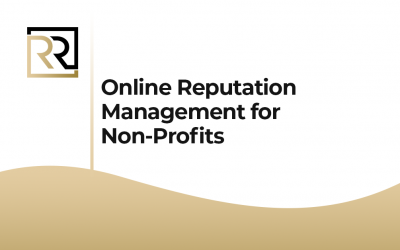Effective Strategies for Building a Strong Online Community
In the digital age, where connectivity is at our fingertips, building a strong online community has become a powerful strategy for businesses, organizations, and individuals alike. Furthermore, an engaged and supportive online community not only fosters brand loyalty but also opens avenues for collaboration and growth. Therefore, in this article, we will explore strategies that can help you build a robust and vibrant online community. Also, creating a space where members thrive and contribute to the collective success.
Building a Strong Online Community
1. Define Your Community’s Purpose
The foundation of building a strong online community lies in a clear and defined purpose. Before diving into community-building efforts, articulate the goals and objectives of your community. Further, understand the value it aims to provide to its members. Whether it’s sharing knowledge, fostering networking opportunities, or supporting a cause, a well-defined purpose will attract individuals who resonate with your community’s mission.
Therefore, clearly communicate this purpose in your community’s introduction, website, or welcome materials to set the tone for what members can expect.
2. Choose the Right Platform
Selecting the right platform for your online community is crucial. Also, different communities thrive on different platforms, whether it’s social media groups, forums, or dedicated community websites. Therefore, consider your target audience, the type of interactions you want to facilitate, and the features each platform offers.
Generally, platforms like Facebook Groups, Reddit, or specialized community-building tools each have their unique advantages. Therefore, choose a platform that aligns with your community’s goals and provides a user-friendly experience for members.
3. Create a Welcoming Environment
Generally, first impressions matter, even in the virtual realm. Therefore, ensure that your online community provides a welcoming and inclusive environment for all members. Also, craft clear guidelines that promote respectful and positive interactions. What’s more, appoint moderators who can uphold these guidelines and maintain a healthy atmosphere within the community.
Additionally, encourage members to introduce themselves, share their interests, and engage in icebreaker activities. A welcoming environment fosters a sense of belonging and encourages members to participate actively.
4. Encourage Member Participation
A thriving community is one where members actively participate and contribute. Therefore, encourage engagement by asking open-ended questions, initiating discussions, and seeking input on community decisions. Also, recognize and celebrate the contributions of members, whether it’s through shout-outs, badges, or featured member spotlights.
Moreover, host regular events, webinars, or challenges to keep the community dynamic and provide opportunities for members to showcase their expertise and interests.
5. Facilitate Networking Opportunities
Further, one of the key benefits of an online community is the potential for networking. Also, facilitate connections among members by creating dedicated spaces for introductions, collaborations, or industry-specific discussions. Additionally, encourage members to share their expertise and seek advice from others in the community.
So, consider organizing virtual meetups, networking events, or mentorship programs to enhance the networking opportunities within your community.
6. Provide Valuable Content
Content is the lifeblood of any community. Share valuable and relevant content that aligns with your community’s purpose. This could include articles, videos, infographics, or any other format that resonates with your audience. What’s more, regularly update the community with informative and engaging content to keep members informed and invested.
Also, encourage members to share their own content, experiences, and insights. This not only diversifies the content within the community but also empowers members to contribute actively.
7. Leverage User-Generated Content
What’s more, user-generated content (UGC) is a powerful tool for community building. Additionally, encourage members to share their creations, whether it’s art, projects, photos or ideas. Besides, create dedicated spaces for showcasing UGC, and acknowledge and celebrate the creativity of community members.
Besides, gy putting the spotlight on user-generated content, you not only recognize the talents within your community but also strengthen the sense of ownership and pride among its members.
8. Listen and Adapt
Moreover, an effective community is one that evolves based on the needs and feedback of its members. Also, actively listen to the concerns, suggestions, and feedback of your community. Therefore, conduct surveys, polls, or open discussions to understand what members value and where improvements can be made.
Also, be willing to adapt your community structure, rules, or activities based on the evolving needs of your members. Also, this responsiveness builds trust and demonstrates a commitment to creating a community that truly serves its participants.
9. Promote Offline Interaction
While your community may exist in the virtual space, facilitating offline interactions can deepen the connections among members. Therefore, consider organizing local meetups, conferences, or events where members can meet face-to-face. These offline interactions strengthen the sense of community and foster lasting relationships.
Moreover, even in a digital age, the value of personal connections cannot be overstated. Therefore, providing opportunities for members to meet in person solidifies the bonds formed within the online community.
10. Measure and Analyze Community Metrics
To understand the health and effectiveness of your online community, regularly measure and analyze relevant metrics. Additionally, track member engagement, the growth of your community, and the success of community initiatives. Use analytics tools to gain insights into the most popular content, peak engagement times, and member demographics.
Also, data-driven insights help you make informed decisions, refine your community-building strategies, and ensure that your community continues to meet the evolving needs of its members.
Conclusion: Strategies for Building a Strong Online Community
Further, building a strong online community is a dynamic and ongoing process that requires strategic planning, continuous engagement, and a commitment to fostering meaningful connections. Therefore, by defining a clear purpose, choosing the right platform, creating a welcoming environment, encouraging member participation, facilitating networking opportunities, providing valuable content, leveraging user-generated content, listening and adapting, promoting offline interaction, and measuring community metrics, you can lay the foundation for a vibrant and thriving online community.
Also, remember, the strength of your community lies in the active involvement and satisfaction of its members. As you implement these strategies, you’ll be on the path to creating a digital space where individuals feel valued, connected, and inspired to contribute to the collective success of the community.


